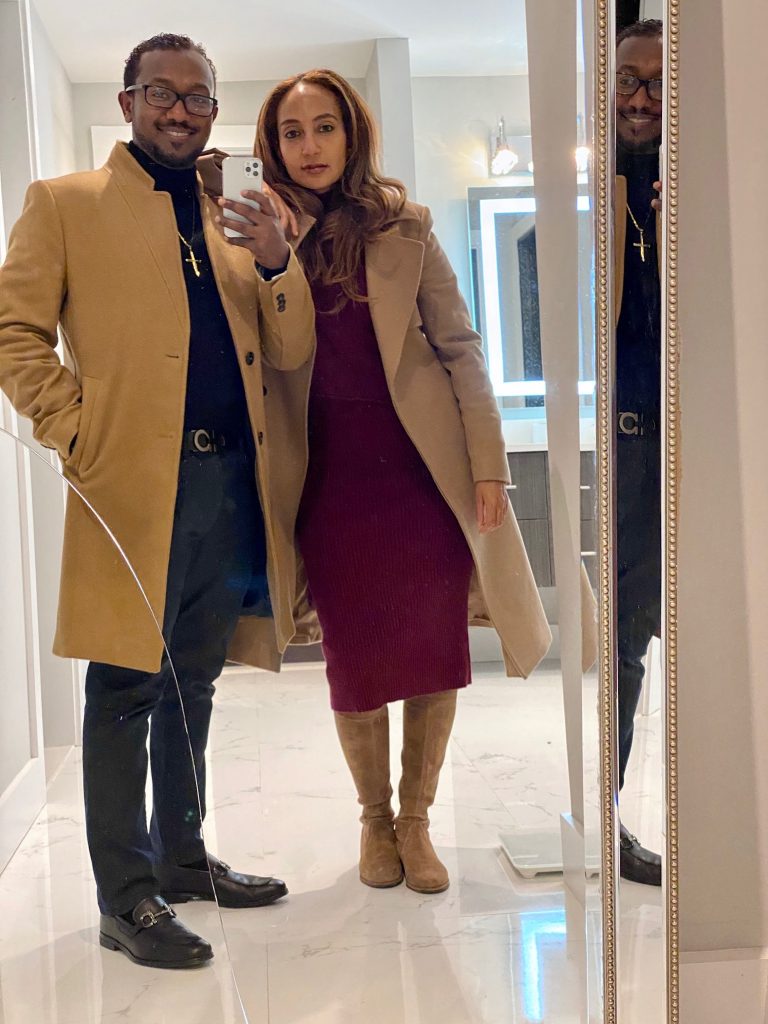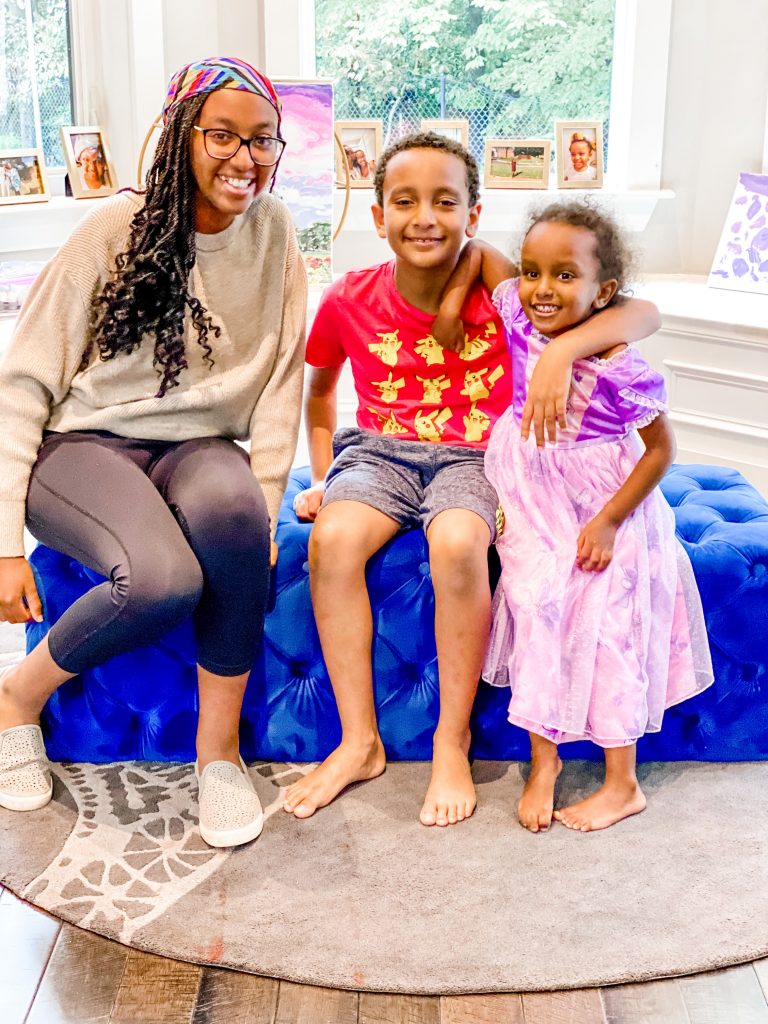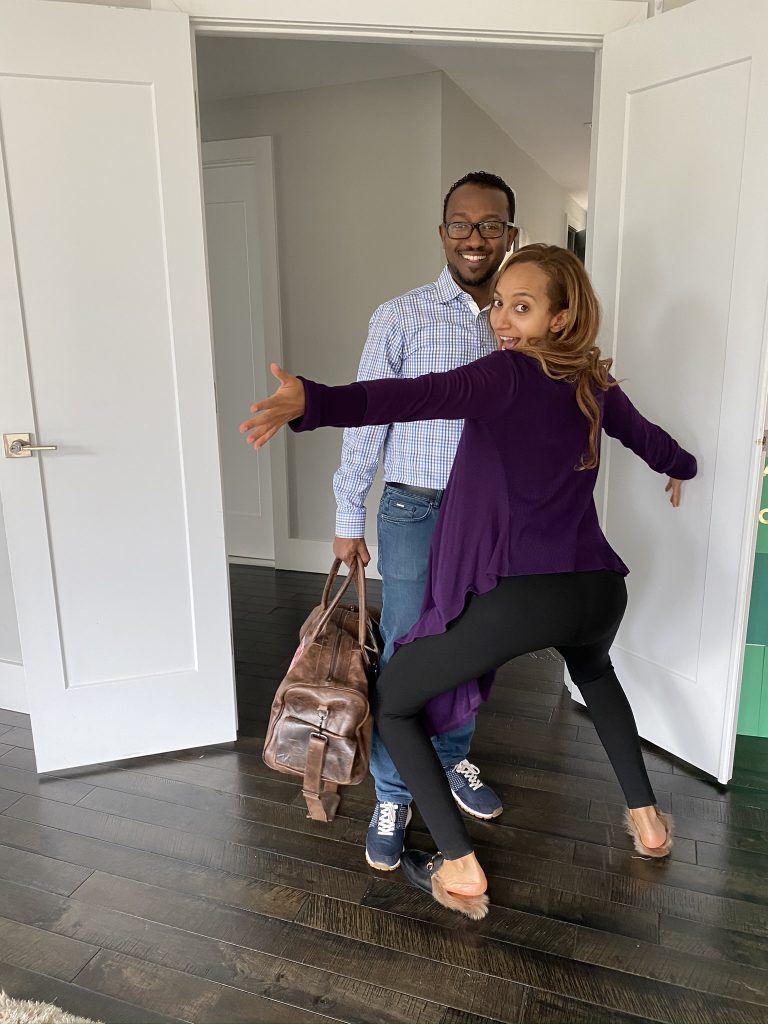I’m a huge GREENLEAF fan. It’s a show on OWN that Netflix has been airing for a while now, and the last season (season 5) was released on September 10th. While this blog post is not an ad for the show (although I would love to work with them), it does hold a lot of weight on today’s subject, how to not let the past affect your relationship – it’s actually the driving force behind the topic. You see, in the show, there is so much drama, so much bad has happened over the years that each couple has held on too. It’s shown how each secret, betrayal, and the negative situation has impacted a family that, from the outside, looks and seems perfect. It made me think about my marriage and how much I subconsciously hold on to the past even when my conscious state has moved on (or at least wants to move on).
Our subconscious mindset drives so much of who we are. Often the phrase “you can talk the talk but can you walk the walk” comes to mind. For me, that means we can say we are over it; we can say anything, but how we act, how we feel- our behavior, is what stands out the most.
Mindset: Don’t Let the Past Affect Your Relationship
To understand your subconscious mindset (walking the walk part), one has to practice self-awareness on a level that’s so deep that you can’t help but stop yourself when you feel certain old behaviors or feelings creeping up. For example, I talked in previous blogs about how, in the past, I’ve typically yelled to be heard. Growing up, that was the norm in my world, so I always thought it was the best way to get my frustration out. This created friction in my marriage, though, because once my voice increased, Bini’s attention level decreased, which then started a vicious cycle of constant battles because I never felt heard. Can you imagine what it’s like never to feel heard?
This is just one example of how my past (in this case- my upbringing) affected my relationship daily. Now, moving forward to the current day: He still drives me crazy, and I find myself wanting to scream so that I can let the emotions out, BUT, I know I will lose him if I do that, so I have to catch myself and breathe so that I can calmly state my reasoning and we can have a mature conversation.
Bini and I have been together for 21 years now, and during this time, there has been so much doubt, negativity, and friction between us. This caused us to break-up plenty of times while we were dating, and after marriage, we were separated and nearly divorced. Now, the key thing I want you to take away from this post is that the time we spent apart really taught us how to be better parents to our children and better spouses to each other. In hindsight, our separation saved us and made us better people altogether. When we got back together, we forgave each other and decided to move on from the past. I can tell you; it is definitely easier said than done. Years later, there are still even to this day, certain things that Bini does that are trigger points for me and take me back to a time where our marriage was broken. I never acknowledged and associated the pain with our past, though, until I started practicing self-awareness to a level that had me thinking (deep thinking) to the root of my issues. Once I saw it for what it was, those trigger points no longer served a purpose because I could look at them as a situation instead of a part of who I am. You see, whatever happens to you, should never become the definition of YOU! Never give any situation that much power over you!
Hard Truths About Relationships
The truth of the matter is, in life, awful situations are bound to happen. Chances are, you will be hurt by someone you love, and it can be anything from a simple lie to cheating or abuse or even a break-up. What happens afterward, though, is our decision. Whatever the case is, you have to choose whether it is something you can accept or not.
If we don’t understand how worthy we are, then we will continue to allow each awful situation to affect us profoundly, AND this is what ultimately becomes our story. This is where we start to live out the victim card and think that our life is just meant to be this or that way.
The second biggest factor (first being your self-worth) to not letting the past affect you is forgiveness! Forgiving means you understand your worth, but you also know that no human is perfect, and therefore while you have been hurt, you are more significant than that hurt. That hurt cannot hold you down; you have survived whatever hurtful situation has occurred. Forgiveness is much easier said than done! It takes a lot to truly forgive someone you love and respect because the hurt hits so deep in your heart.
Keep in mind that you are forgiving your partner, not for them but for YOU! It gives you peace, and that peace will help you move on from the hurt.

Forgiveness is the Key to Keeping Past from Affecting Your Relationship
Now, forgiveness can be tricky. On one side, your ego and pride will want to keep you away from true forgiveness because it appears as if you’re condoning the behavior, and then on the other side, you will have fear of that person hurting you again. This is where you and only YOU need to decide what you value…healthy relationship, peace of mind, less stress, etc. Only you know your partner’s real intentions, and honestly, people make mistakes; if they can learn from their mistakes and be better people because of them, than you owe it to the both of you to be with that person. If, however, you have any doubt that they will make an effort if their actions speak louder than all their promises, then still forgive but move on understanding your worth and knowing that you deserve better. The pain of letting go will hurt for the time being, but you will move on, and by forgiving that person and following these key steps, you won’t let that relationship hold you back from your future relationships. I should add that the steps below will also work if you decide to move on with your partner.
Key Takeaways
1) Don’t dwell on the past; see it instead as a lesson learned
You can’t change your past, but you can change how it affects your future. Take what you have learned from each relationship and situation and use only the good moving forward.
2) Be open about your feelings
You’re hurt, and speaking about those feelings will give you closure. If you bottle it all up inside and not discuss what happened, that chapter will never be fully closed. You will always wonder what could have or should have occurred and play out different scenarios in your head. Trust me; it’s a horrible place to be!
3) Take time for yourself before making any decisions
Never feel forced to make life-changing decisions.
I hope this blog has helped you or someone you know to keep the past out of your relationship. As always, I’d love to hear from you. Is your past affecting your relationship? If so, what are you doing to change things?
Always,
Luwam














